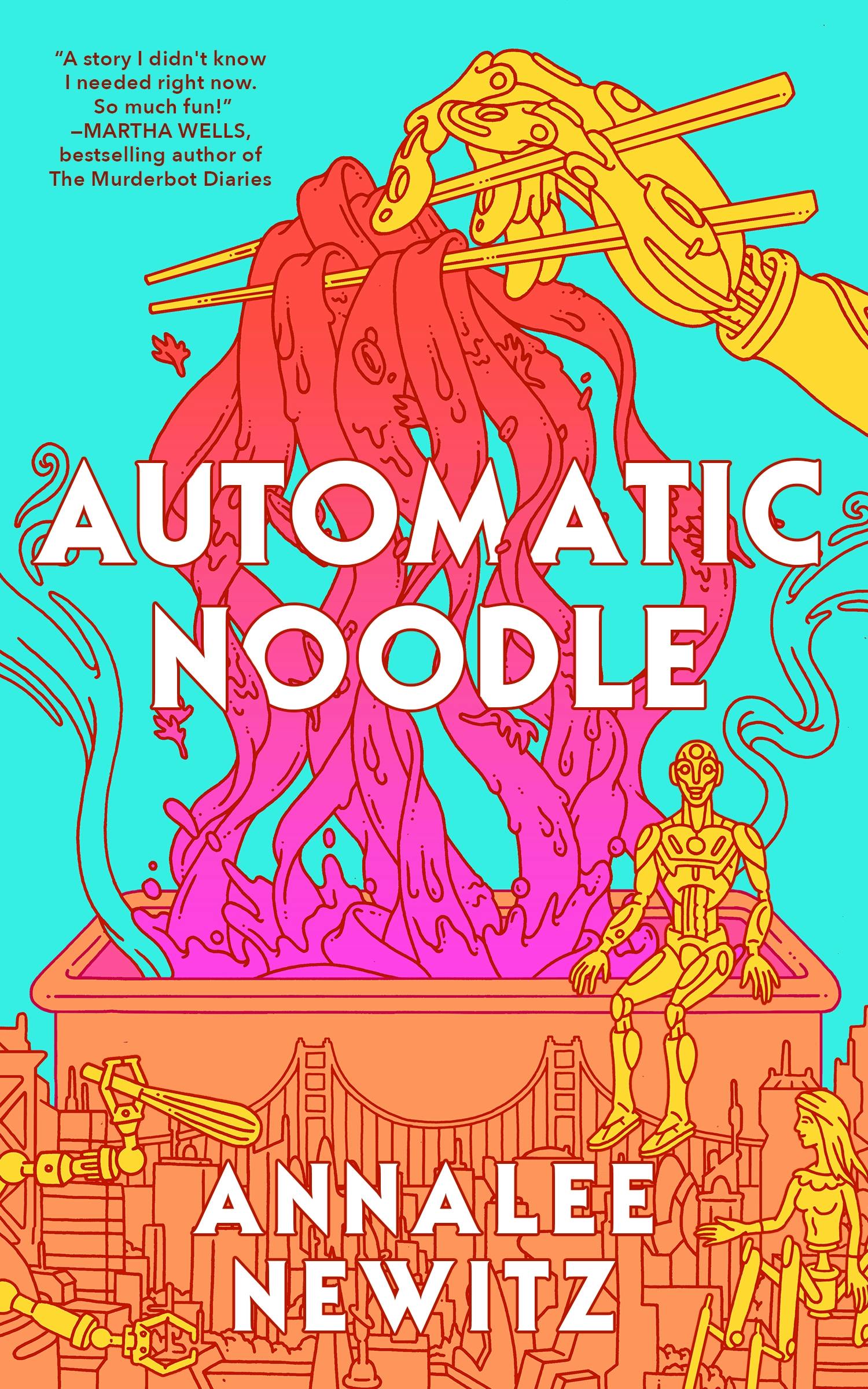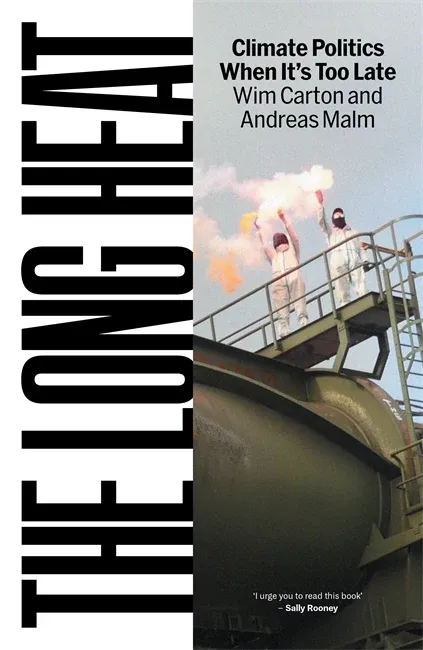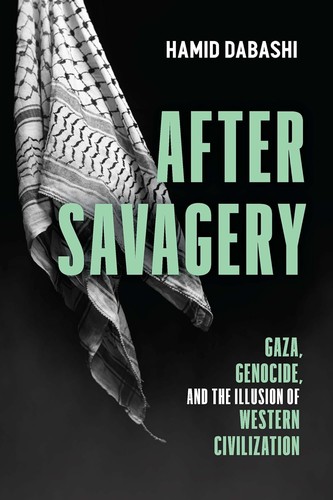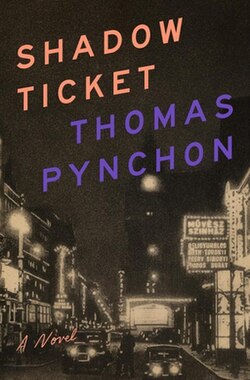Scott F quoted After Black Lives Matter by Cedric Johnson
BLM discourse truncates the policing problem as one of endemic antiblackness, and cuts of potential constituencies, treating other communities who have suffered police abuse and citizens who are deeply committed to achieving social justice as merely allies, junior partners rather than political equals and comrades. Moreover, characterizing the problem in terms of antiblackness further undermines the possibility of developing the kind of counterpower that is needed, since it promotes brokerage dynamics via the state-corporate/nonprofit complex set in motion by neoliberalism, converting what should be public concerns into new market opportunities, and revitalizing the black professional-managerial class with new blood and fresh faces. ...The demand to defund police and instead invest in working-class neighborhoods and livelihoods represents the promise of Black Lives Matter as a political force, but that tendency has been crowded out by a mainline and popular contention that sees "race" and racism as the principal motive of police actions, in ways that neglect the very workings of capitalist political economy and its specific consequences for the working poor across urban and rural geographies.
— After Black Lives Matter by Cedric Johnson (Page 162 - 163)














